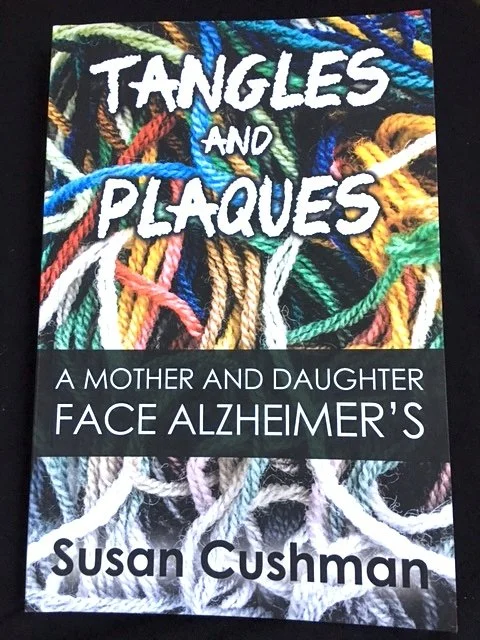Thanksgiving, a Day to Listen
“To listen is very hard, because it asks of us so much interior stability that we no longer need to prove ourselves by speeches, arguments, statements, or declarations. True listeners no longer have an inner need to make their presence known. They are free to receive, to welcome, to accept. Listening is a form of spiritual hospitality by which you invite strangers to become friends, to get to know their inner selves more fully, and even to dare to be silent with you.”—Henri Nouwen in Bread for the Journey (HarperSanFrancisco, 1997).
As we gather today, sometimes with fewer family members than usual, this is the perfect time to sit back and listen. Having smaller groups to listen to will make this easier. Listening is at the heart of being a spiritual friend. Thanksgiving is a day to pay closer attention to the person or persons with whom we have the privilege to celebrate the day. Even if we are alone, we can call someone and listen.
Nouwen reminds us that listening does not mean waiting for our turn to talk. Instead, it is letting someone else know you are offering the gift of your energy and time to be present and attentive.
Some think it may be easier for introverts, but in reality, introverts may still be processing what they want to say while others are talking, and therefore they are only pseudo-listening. On the other hand, extroverts may have difficulty responding directly to what they hear, for they better process what they hear on the outside.
The answer is simply to practice listening, even for a few hours daily. It is an art form that must be repeated consciously every day until it becomes as unconscious as brushing our teeth. Thanksgiving is a good day to start.
We have grown up in a multitasking world where we learn to do many things simultaneously: eating while we work or watching television, working on several projects, attempting to solve multiple problems simultaneously, glancing at emails, texting, or searching on our phones while we are sitting down to meet with others. While someone is talking to us, we may think about how we will solve another problem as soon as we move on to the next person or meeting.
Living in the present and active listening are becoming lost arts. We must practice them intentionally. My experience is making eye contact helps keep us focused on the person or people we listen to. We are actively “seeking” Christ visibly and invisibly within others—who can be revealed only as we begin to realize Christ within ourselves.
The art of listening is a gift to ourselves and all we know and meet. St. Benedict calls it “listening with the ear of our heart.”
This is my Thanksgiving Prayer: that each of us can begin ‘to listen to each other with the ear of our heart.”





